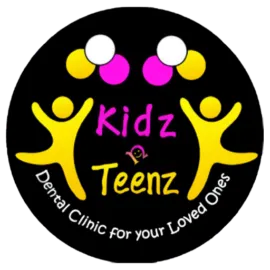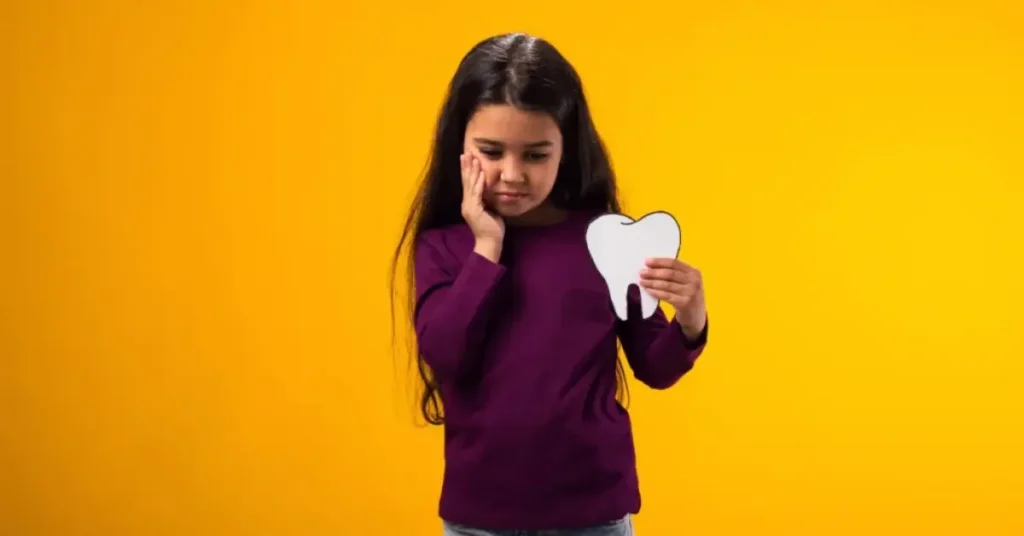Children’s dental issues aren’t just about cavities — many are linked to habits, growth patterns, and even how your child breathes or swallows. At KidznTeenz, we specialize in identifying these problems early and guiding parents toward the right treatment at the right time.
🦷 Cavities & Baby Bottle Tooth Decay
Very common in young children, especially those who fall asleep with bottles or sip sugary drinks frequently. Early decay can affect speech, chewing, and spacing for permanent teeth.
👅 Thumb Sucking & Prolonged Pacifier Use
If continued beyond age 3 or 4, these habits may lead to open bite, narrow palate, and even affect breathing patterns and speech. We offer habit-breaking strategies and gentle interventions.
😬 Tooth Grinding (Bruxism)
Can be related to stress, misaligned bite, or airway obstructions. If persistent, we evaluate the need for bite correction or habit appliances.
🌬️ Mouth Breathing & Airway Issues
Mouth breathing is often a red flag. It can result from enlarged tonsils/adenoids, nasal blockages, or habitual postures — leading to:
- Long, narrow faces
- Dry mouth
- Poor sleep
- Improper jaw development
Left unchecked, this can lead to orthodontic problems and long-term health impacts. We focus on identifying airway issues early through routine evaluations.
📏 Jaw Discrepancies & Improper Growth
Children with narrow arches, underdeveloped jaws, or improper facial growth often benefit from early orthopedic appliances. These guide the jaw into proper alignment while your child is still growing, especially during the early and late mixed dentition stages (ages ~6 to 12 years).
💡Orthopedic & Myofunctional Apliance Therapy
Depending on the issue, we may recommend:
- Expanders to widen the upper jaw
- Functional appliances like twin blocks or myobrace to guide jaw growth
- Space maintainers or growth trackers during mixed dentition
- OMFT (Orofacial Myofunctional Therapy) for correcting tongue posture, breathing, and swallowing patterns
Early treatment can prevent or reduce the need for braces later. These approaches also support better breathing, speech development, and overall facial harmony.
🩺 When to Act
If your child snores, has difficulty closing their lips, breathes with an open mouth, shows early crowding, or has a visibly retruded jaw — a consult by age 6–8 is highly recommended.





